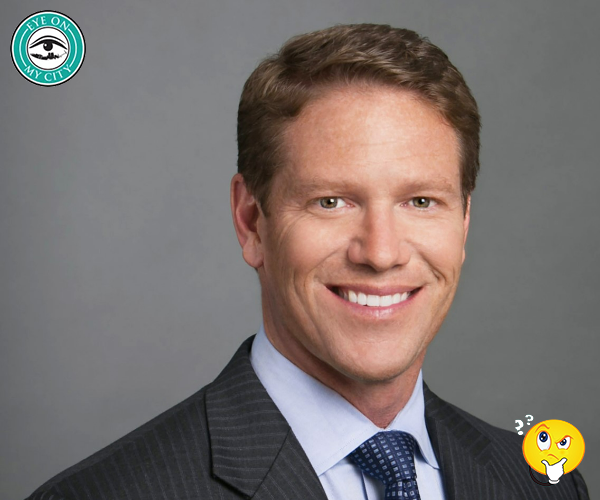
In their crusade against septic tanks, Jacksonville politicians are setting up taxpayers for a major hit. But is it necessary?
City officials claim septic tanks are a public health problem, even though the state of Florida says they are effective, and the city allows people to use them.
Septic systems provide a safe and effective means of wastewater disposal for 30 percent of Florida’s population. “Properly designed, constructed, and maintained systems protect Florida’s ground water,” the state government says on its Web site.
But local politicians want to continue extending sewer lines throughout the city and removing septic tanks.
City Council is considering a bill to spend $100 million on the effort, which the sponsor calls “a drop in the bucket.”
Mayor Lenny Curry says the total cost will be $2 billion.
Here is some math:
The city says there are 65,000 septic tanks in Jacksonville.
The city says it costs about $20,000 to hook up a house to the sewer lines.
That’s $1.3 billion just for the hookups, not counting the cost of digging up septic tanks and disposing of them, which cannot be insignificant. Presumably, the remainder of the cost is for the sewer lines themselves.
Treatment plants also will need increased capacity and it is not clear if the city has factored in that cost. For such an expensive undertaking, there is remarkably little detail available and the other local media seems to have little interest in how $2 billion in public money will be spent.
Previously, the city required homeowners to pay for their houses to be connected. This involves running pipe from the house to the city’s line in the street.
Since 2016, the city has provided the hookup free, and some politicians want to make that policy permanent.
So 65-plus percent of the cost will be shifted from the homeowners to the taxpayers.
- The homeowners will get an improvement that will increase the value of their homes.
- Taxpayers will get higher taxes.
- Companies that build, install and maintain septic tanks will go out of business.
Proponents of the plan say the homeowners can’t afford to pay for the hookup.
Skeptics might wonder why people with $20,000 cars parked in their driveways can’t afford $20,000 to improve the value of their house and help solve a public health problem.
Previously, the JEA had allowed customers to pay a small amount per month for new hookups.
The city has a priority list and it is designed to provide service to lower-income residents first.
As you might expect, the federal government has provided money to pay for hookups if homeowners can document the inability to pay.
City officials also hope the state government will pick up some of the cost. It seems likely the sudden local fervor is related to a Jan. 10 order from Gov. Ron DeSantis. Part of it directs the Department of Environmental Protection to conjure up a grant program for septic tank remediation, with a local government match.
Eye on Jacksonville is having a difficult time understanding why all septic tanks, including those that are working properly, need to be replaced and why local residents who have paid their own costs must now also pay for others who will benefit. Even if state funds are used, the local cost seems likely to be substantial.










